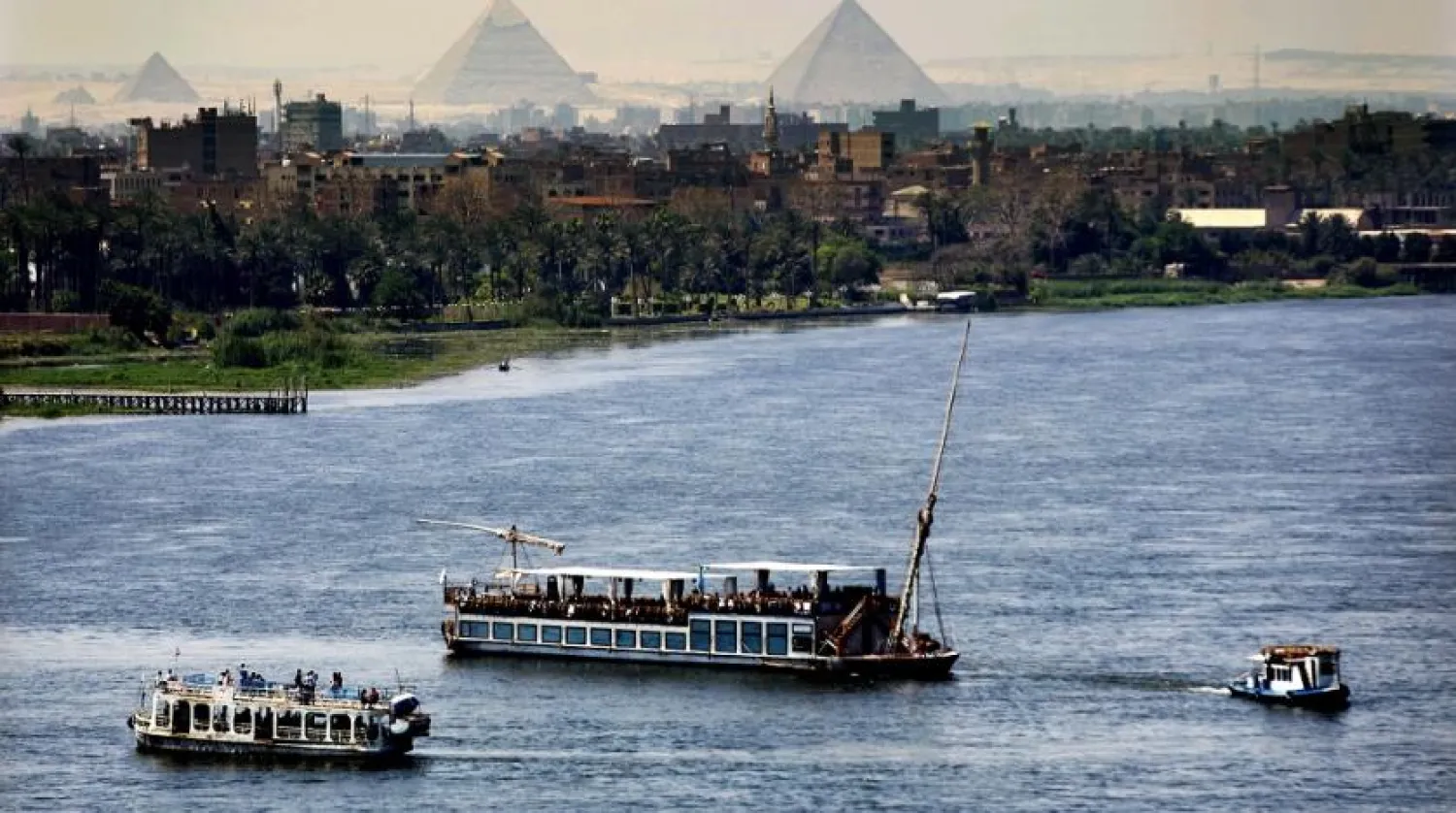The Egyptian government plans to expand its seawater desalination plants in the coastal areas and governorates overlooking the Red and Mediterranean Seas, the Gulfs of Suez and Aqaba, Prime Minister Mostafa Madbouly announced Monday.
The government’s efforts come in light of a national plan to address limited water resources, a population increase and the ongoing dispute over the Grand Ethiopian Renaissance Dam on the Nile River.
During a ministerial meeting, Madbouly requested the establishment of new desalination plants in the country.
The PM said the meeting aimed at reviewing strenuous efforts exerted by the state to expand the construction of new desalination plants and benefit from advanced experience in this regard in order to provide fresh water, particularly in coastal governorates as per President Abdel Fattah al-Sisi's directives.
The African nation suffers from water shortages, as it needs 114 billion cubic meters annually, while it only has 74 billion meters available.
Cairo fears the potential negative impact of the GERD on the flow of its annual share of the Nile’s 55.5 billion cubic meters of water.
To confront these challenges, Egypt set a plan to develop the irrigation system, replace and rehabilitate drainage and irrigation stations and spread awareness among citizens to conserve water.
Electricity and Renewable Energy Minister Mohamed Shaker said his ministry received several bids by major companies to establish seawater desalination plants that are expected to work with solar and green renewable energy.
Minister of Housing, Utilities and Urban Communities Assem el-Gazar, who attended the cabinet meeting on Monday, said the strategic plan to build desalination plants is meant to secure and provide fresh water to meet the growing needs of the surging population and the national comprehensive development plan.
The housing ministry’s strategic plan to build seawater desalination plants is based on six five-year plans until 2050, with the aim of providing enough drinking water to meet natural population growth.









